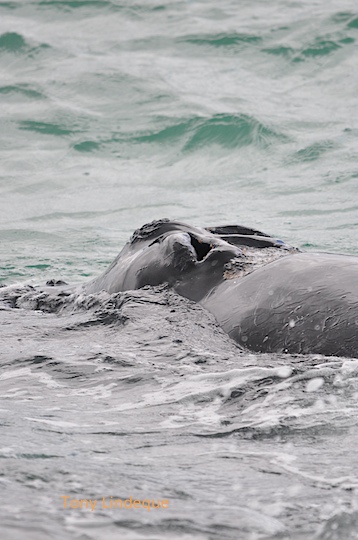
I shouldn’t quote the very first paragraph of a story, but this one shook me a bit. Humans have been immensely destructive for far, far longer than I’d like to admit:
The North Atlantic right whale has had a rough past few centuries. For much of the 16th to 19th centuries, they were the preferred target of whalers, adventurous hunters who used small wooden boats and threw harpoons in pursuit of valuable whale oil. In fact, the species is so named because it was considered the “right” type of whale to kill, as its tendency to float after death meant you didn’t have to bring the beast onboard in order to harvest its oil. By the late 1700s, the population was no longer commercially viable, and by 1935, biologists estimate that there were fewer than 100 individuals. The right whale gained legal protection in 1937, but population levels haven’t recovered the way many would have hoped (the current estimate is approximately 400), due largely to the new threat of accidental collisions with ships.
The article on Wired.com describes a global competition that has been launched to find an effective way to analyse the massive amounts of acoustic data collected by ten buoys around Cape Cod in the north Atlantic ocean. The aim is to detect north Atlantic right whale calls among the sounds of ships and other ocean traffic, including other whales, and determine where they are. This will assist in reducing ship strikes on right whales. (north Atlantic right whales are relatives of the southern right whales that visit South African waters each year.)
This is an example of crowdsourcing a scientific solution (a similar principle to this project) that will end up being more effective and economical than one generated by a single researcher working in isolation. A by product of the competition is raising awareness of this particular threat to whales, which (I think) is underestimated by the general public as a result of media focus on Japanese whaling…
Read the full article here. The competition website is here. Over 2000 entries have been received so far, and it closes on 8 May 2013.







